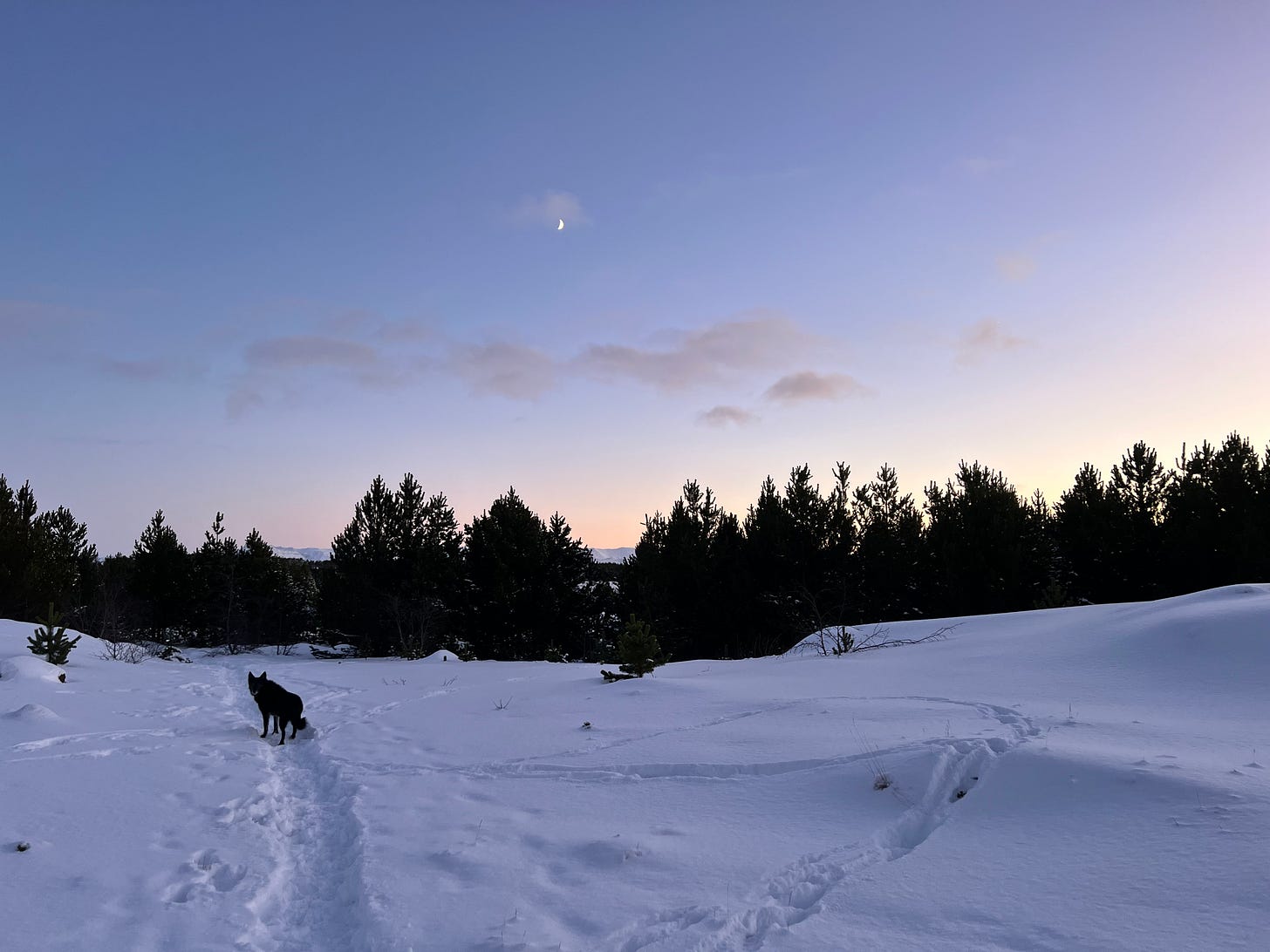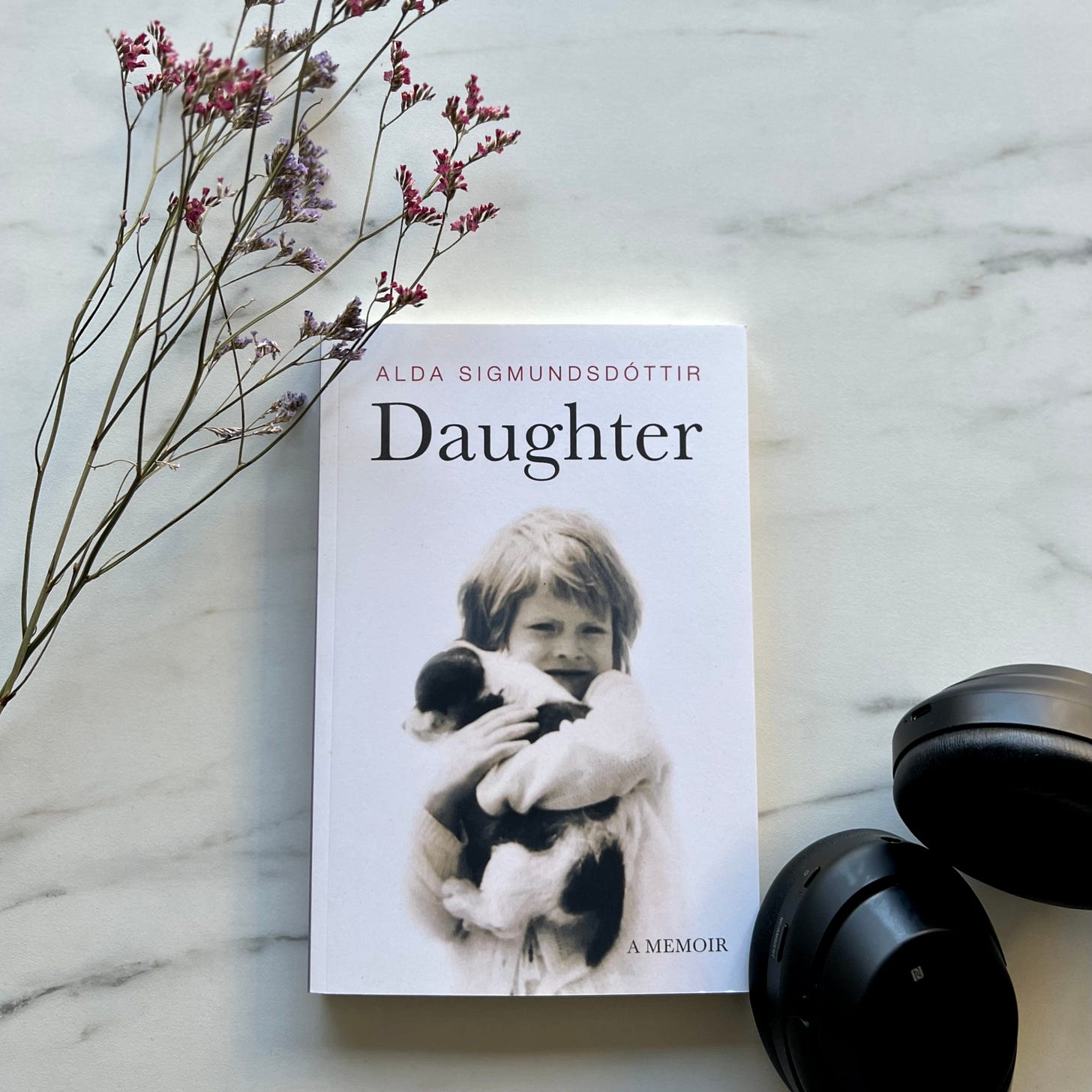Like many of us, I grew up in a toxic family system without knowing it was toxic. The way things were done were simply the way things were done. Yes, somewhere deep inside, a part of me knew the truth—that this was dysfunctional, that there was betrayal, that I was being neglected and hurt—but because I needed to survive, I ignored that part. It’s what we do. We clamp down, and get on with things—whatever we need to do to survive.
I don’t think any of us gets through our early years unscathed. Even those of us with the most idyllic childhoods have things we need to confront eventually. Yet we are creatures of comfort, creatures of habit, and we generally stay in our complacent boxes until something forces us out of them. That “something” is often a shock that shatters our fragile sense of reality—loss, betrayal, physical injury … whatever it is, it makes us aware that there is more to our lives than the pattern in which we were raised.
The shock to my system came when I was eighteen. It caught me off guard, and I crashed into a black hole. I had no idea what was happening, or why, and I was terrified. It felt like I was going insane. I had lived in so much denial and been so gaslighted—including gaslighting myself—that I honestly thought I had everything under control. Plot twist: I didn’t.

One of the scariest things was that my intellect, which hitherto had steered me because I had no access to my feelings, stopped functioning, and I was flooded with emotions that I had suppressed. I probably don’t need to tell you: they were not of the cheery kind. Inadequacy, shame, self-hatred, fear, insecurity, self-loathing … things that had been accumulating for years finally caught up with me.
When I started seeing a psychiatrist twice a week, things initially went from bad to worse. That, in itself, felt wrong—I had expected to feel better. However, my therapist, Dr. D, explained that it was because I was re-opening wounds that had never healed; tearing off scabs to get to the festering sores underneath. They needed to be cleansed and allowed to heal—properly this time. It was horrible. So much pain. At times I felt like I couldn’t stand any more … yet I knew there was no going back. The only way out was through.
What strikes me, looking back, is that I had spent years enmeshed in debilitating, toxic energy, but the moment I surrendered (or was forced to surrender) it was as though the energy turned. I began attracting people into my life who became my teachers and guides, lifting me up rather than pushing me down. It genuinely amazed me that there were people like that in the world, people whose caring was not conditional on adhering to a certain set of (toxic) rules or behaving in a certain way.
One of those people was Dr. D, who saw things in me that I did not see in myself. It took me 2.5 years to have a breakthrough in my work with him—a journey I documented in my memoir, Daughter—and when it came, he supported my move to Iceland from Canada so I could be closer to other parts of my family who could, perhaps, give me the support I needed. When I left he suggested we keep in touch by mail (this was before email), even though I was formally out of his care, and he was not getting paid to write to me.
As it happened, things in Iceland did not work out as I had hoped. Dr. D and I corresponded regularly, and in the end he sent a letter, saying, as a father might, “I must insist that you return to Canada.” I was a mess, trying to keep it together, and he saw what I really needed: guidance, someone to take the lead.
I did return to Canada, and went back to my sessions with Dr. D, yet it was soon clear that I had learned all the lessons I could from the type of therapy he provided. A cognitive understanding of what had gone down in my life was not enough to magically heal me, and I was failing spectacularly in my quest to reboot my life. I was about to learn that, when we experience trauma, the feelings do not just magically evaporate, even if we stuff them down and soldier on with life. Instead they get driven into our bodies and remain there until they are processed. And that releasing of feelings from the body is a non-negotiable part of healing, and in fact arguably the single most important part of becoming emotionally free.
More on how I learned that, and what it meant, next time.
My memoir, available in paperback, ebook and audiobook formats.




Yes, so hard, so painful to start healing. A therapist once asked me why I was still alive (my baseline is suicidal). Told her I didn't know, but there was some stubborn streak inside me that wanted to live, I guess.
Probably the same part of me that demanded to be healthy, to keep walking through the pain.
My brother didn't have that. He ran from the pain. This extended his pain, but his pain had no hope in it.
Beautifully written, Alda - you are amazing and obviously have great insight into the human psyche. I loved your book and have recommended it to several people. Blessings from Australia,
Alison